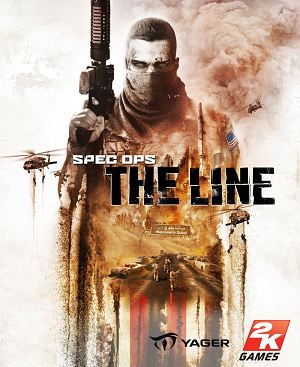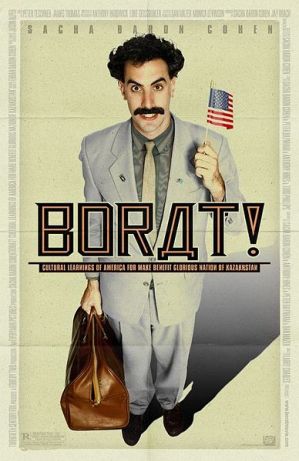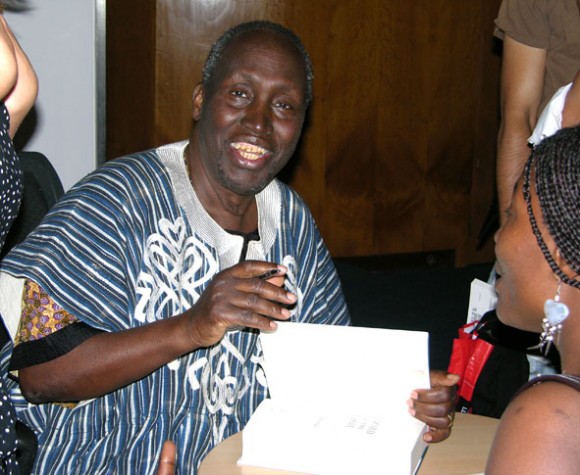In the 2008 American fantasy drama film The Curious Case of Benjamin Button, eponymous protagonist Benjamin Button, voiced by the ever suave Brad Pitt, describes how due to one tiny event that spurs a whole chain reaction of further relatively small events, a main character ends up getting hurt by an automobile.
Exactly what the event was escapes my mind (I think said character forgot her wallet or something similar to that), but whatever the event was, it provides a perfect example of something I think we all have felt before. One tiny little event becomes a metaphorical first domino in a line of dominos and snowballs until eventually something much larger happens. Unfortunately, I cannot think of an example of this from my own life off the top of my head right now, but I do remember it happening before, and perhaps you have had this sort of chain reaction play out in your own life at some point in the past.
There is a mathematical term for this chain reaction caused by a single seemingly insignificant event: the butterfly effect. The name originates from the possibility that the flap of a butterfly’s wings in Texas could cause a tornado in Brazil. After all, who knows what effect the air molecules moved by a butterfly’s wings might have on the whole global weather system as a whole? You might think that such a tiny breeze causing a tornado in an entirely different hemisphere is absurd, but think again.
Have you ever noticed that the weather reports are never truly one hundred percent accurate? Have you ever wondered why this is the case? Well, it’s simply, really. Weather is a very complicated phenomenon. It is so complicated in fact that in order to truly predict it with guaranteed accuracy, we have to know the position, velocity, and acceleration of every single air molecule in the world, as well as everything influencing those air molecules. However, Heisenberg’s uncertainty principle states that we can never truly know both the position and velocity of any object with one hundred percent accuracy. The amount of uncertainty is inversely proportional to the size of the object. For example, for a baseball, we can reasonably calculate its position and velocity at any given time with negligible percent error. However, for something incredibly small such as an electron, the margin of error is so massive that we simply cannot know both its position and velocity at the same time. If we know one of these values, we cannot know the other one. As such, we can only really guess at where electrons are located inside an atom. This is why electrons are always drawn in science textbooks orbiting an atom’s nucleus in large clouds and not as individual particles.
Air molecules may not be as small as electrons, but they are still relatively small and still under the effect of Heisenberg’s uncertainty principle and as such are inherently unpredictable. Because being able to predict the weather requires knowing so much information regarding every single air molecule in the world, weather forecasts are inherently always going to be inaccurate to some degree. They simply rely on too many variables to be predictable. This principle is known as chaos theory and applies to a whole host of other events and phenomena, such as coin tosses, the stock market, traffic, and pretty much anything you can think of in your day to day life. (This is why random stuff happens and causes you to be late to class)
Earlier this month, a few very lucky men and women remarked on how they had bought a ticket for Malaysia Airlines flight 370 (which now sits somewhere in the Indian Ocean) but were late or had missed their flight for some other reason. Similar situations occurred on September 11th, 2001. By a tiny chance event, these men and women were spared being part of a catastrophic tragedy. Though their circumstances may seem miraculous, they are not alone. We are all citizens of a world where the butterfly effect and chaos theory can cause unbelievably impossible events to happen, such as an entire plane disappearing into thin air. However, rather than let this fact terrify us, we should be in awe of it, for it can lead to good things too. For example, in 1971, American ping pong player Glenn Cowan missed his team bus in Nagoya, Japan. A Chinese ping pong player took notice and invited Cowan onto his own team bus. While inside the bus, Cowan met Chinese ping pong champion Zhuang Zedong.
(Zhuang Zedong in 2007)
When the two got off the bus, they were swarmed with reporters (remember that is still 1971, during the Cold War). Later, the US ping pong team received an invitation to visit China. Slowly, US-China relations were being built, and in 1972, late US president Richard Nixon finally visited China himself, formally establishing US-China diplomatic relations.
(Richard Nixon in China in 1972)
It might be a tiny event, but thanks to the wonders of the butterfly effect and chaos theory, a single American ping pong player missing his bus in Japan in 1971 is precisely the reason why I am here today studying at Penn State and how you are able to read this blog right now.

























